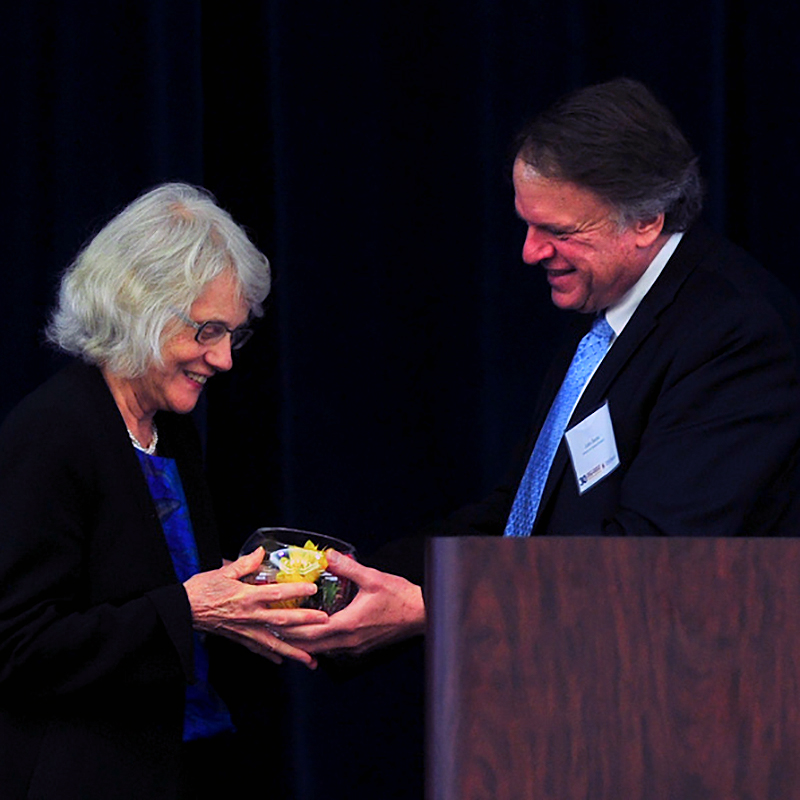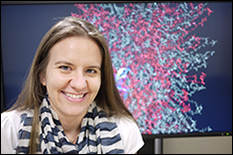News Story
Pal Receives NSF CAREER Award

Professor Pal is affiliated with the Department of Electrical and Computer Engineering and the Institute for Systems Research.
Assistant Professor Piya Pal (ECE/ISR) is the recipient of a 2016 National Science Foundation (NSF) Faculty Early Career Development (CAREER) Award for “Smart Sampling and Correlation-Driven Inference for High Dimensional Signals.” The project’s objective is to develop a systematic theory of smart sampling and information retrieval algorithms for modern sensing systems that exploit the correlation structure of high dimensional signals to significantly reduce the number of measurements needed for inference. The five-year award is worth $500,000. The NSF CAREER program fosters the career development of outstanding junior faculty, combining the support of research and education of the highest quality and in the broadest sense.
About the Award
Technological advances have driven modern sensing systems towards generating massive amounts of data, making it increasingly challenging to store, transmit and process such data in a cost effective and reliable manner. However, the ultimate goal in many information-processing tasks is to infer some parameters of interest that govern the statistical and physical model of the data. This includes applications ranging from source localization in radar and imaging systems to inferring latent variables in machine learning. The number of parameters in such problems is much smaller than the acquired volume of data, which leads to the possibility of more intelligent ways of sensing high dimensional signals, that can exploit the statistical model of the signal (with or without invoking sparsity), and the physics of the problem.
The proposed research can lead to deployment of fewer sensors (than what is traditionally required), as well as more energy efficient ways to collect and process spatio-temporal data that will positively impact a number of applications across disciplines, such as, high resolution imaging, remote sensing, neural signal processing and wireless communication. The educational component of this project aims at integrating the research outcomes into innovative teaching platforms such as ''Sense Smarter'', and ''Signals Everywhere'' that will help train the next generation of electrical engineers, and encourage them to pursue careers in STEM fields.
The technical component of the project has three interconnected goals: (i) designing fundamentally new geometries for correlation-aware samplers that exploit the statistical as well as physical signal models, (ii) developing, and analyzing the performance of new correlation driven algorithms to understand fundamental capabilities of correlation-aware samplers, and (iii) exploiting the ideas behind correlation-aware samplers to develop more efficient algorithms for solving bi- and multi-linear problems. Design of these samplers will provide new theoretical insights into properties of quadratic samplers, and will help address fundamental mathematical questions that can be of independent interest. The samplers also facilitate the development of new inference strategies, and the proposed rigorous theoretical analysis of these algorithms is expected to fundamentally advance our current understanding of the limits of parameter estimation from compressed data. Finally, the ideas behind correlation-aware samplers have strong connections with problems in machine learning such as dictionary learning, and latent variable analysis, and they will foster future research advances in these areas.
Pal joined the Department of Electrical and Computer Engineering in January 2014 after obtaining her Ph.D. in Electrical Engineering from Caltech in 2013. Her research interests lie in these broad areas: sparse sampling strategies and parameter identifiability, statistical signal processing, antenna array processing with application in radar signal processing, and sparse representation, reconstruction and learning.
Published January 12, 2016
















